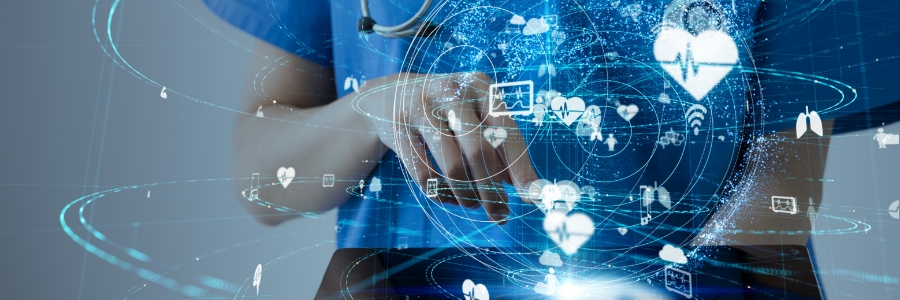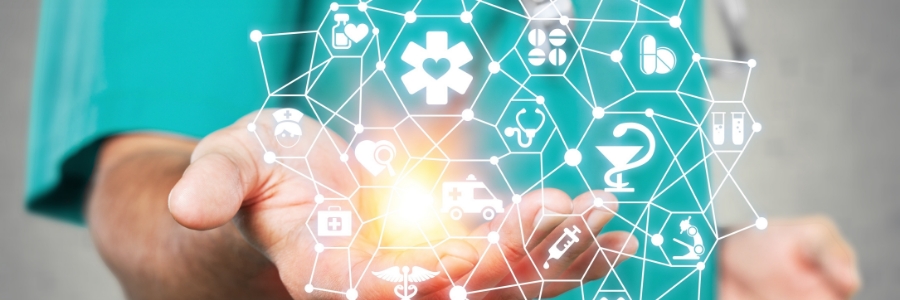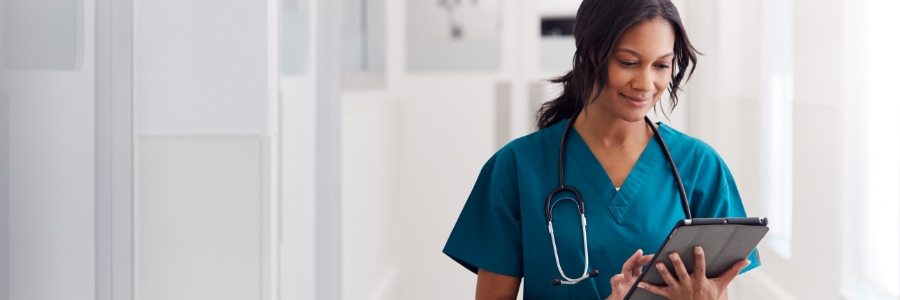If your business handles protected health information (PHI), it’s your duty to take every step possible to ensure that your clients’ data is secured. Cybercriminals often target PHI because it contains personal, medical, and financial information that they can exploit for profit.
Can big data lower hospital readmission rates?

Business intelligence (BI) refers to the process of gathering data and turning it into useful insights. This data can be used to make better decisions about all aspects of a business, including operations, marketing, and sales. And in today’s world, big data is crucial in enhancing processes in major industries like healthcare.
Why your company should care about HIPAA compliance

If your organization handles sensitive patient information, you need to comply with HIPAA. Failure to do so can result in fines and penalties. Read on to learn more about the importance of HIPAA compliance to businesses like yours.
What is HIPAA
The Health Insurance Portability and Accountability Act of 1996 (HIPAA) is a federal law that establishes national standards to safeguard sensitive patient health information from being released without permission.
Are EHR systems better than paper-based systems?
HIPAA-approved social media guidelines for businesses

The Health Insurance Portability and Accountability Act of 1996 (HIPAA) was established with the goal of protecting the privacy of medical providers and their patients. The act sets standards for how healthcare organizations must protect patient information, including what kind of security measures must be in place to keep data safe.
Work from home exercises to help you stay fit
Cloud computing in healthcare: 5 Benefits you can’t ignore

Cloud computing has revolutionized the way businesses operate, and practices in healthcare are no exception. Cloud-based solutions offer many benefits over traditional methods, including reliability, convenience, security, and scalability. In this blog post, we will discuss some of the main advantages of cloud computing in the healthcare industry.
Can blockchain technology revolutionize healthcare?

Perhaps you’ve heard about blockchain, a cutting-edge technology that experts believe has the potential to revolutionize the healthcare industry. But what exactly is blockchain, and what are its benefits? In this blog post, we’ll explain what blockchain is, how it works, and we’ll discuss the benefits it could bring to healthcare organizations.
The advantages of telemedicine

When you have questions about your health or are feeling under the weather, you usually set up a face-to-face meeting with your healthcare provider. But advancements in communication technology are allowing people to consult with their doctors anytime and anywhere through a service called telemedicine.



